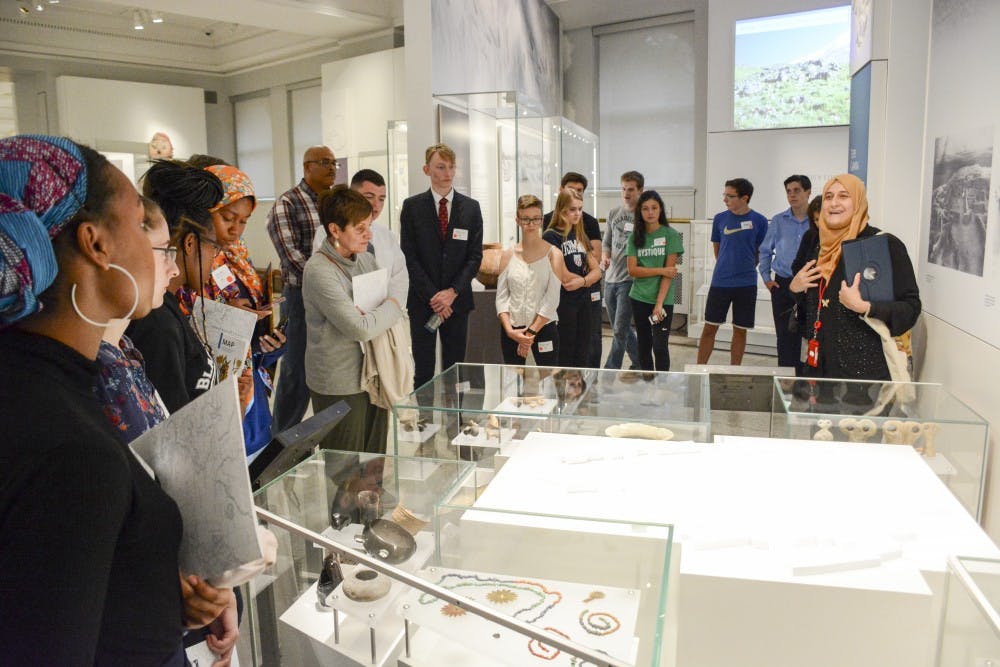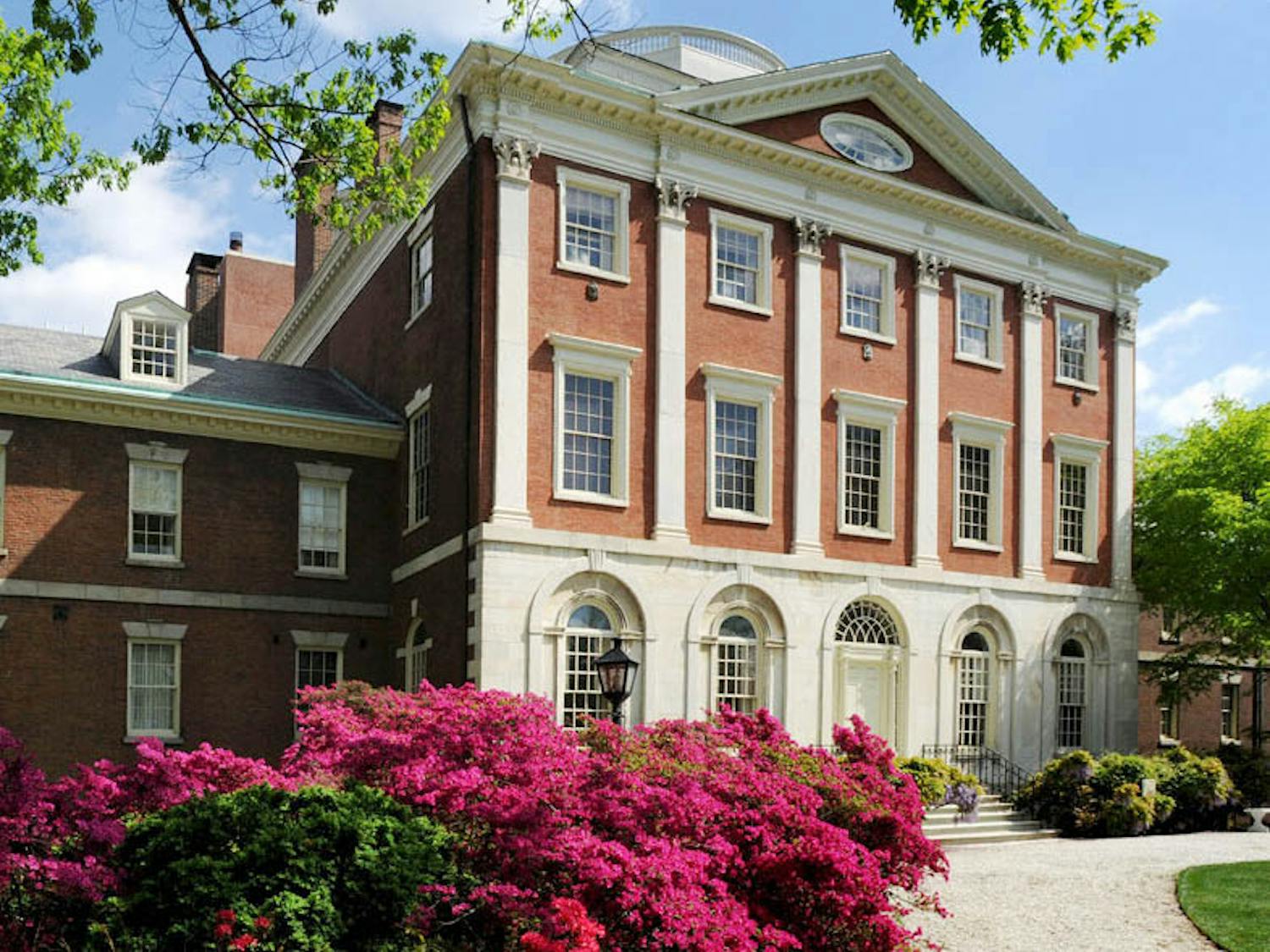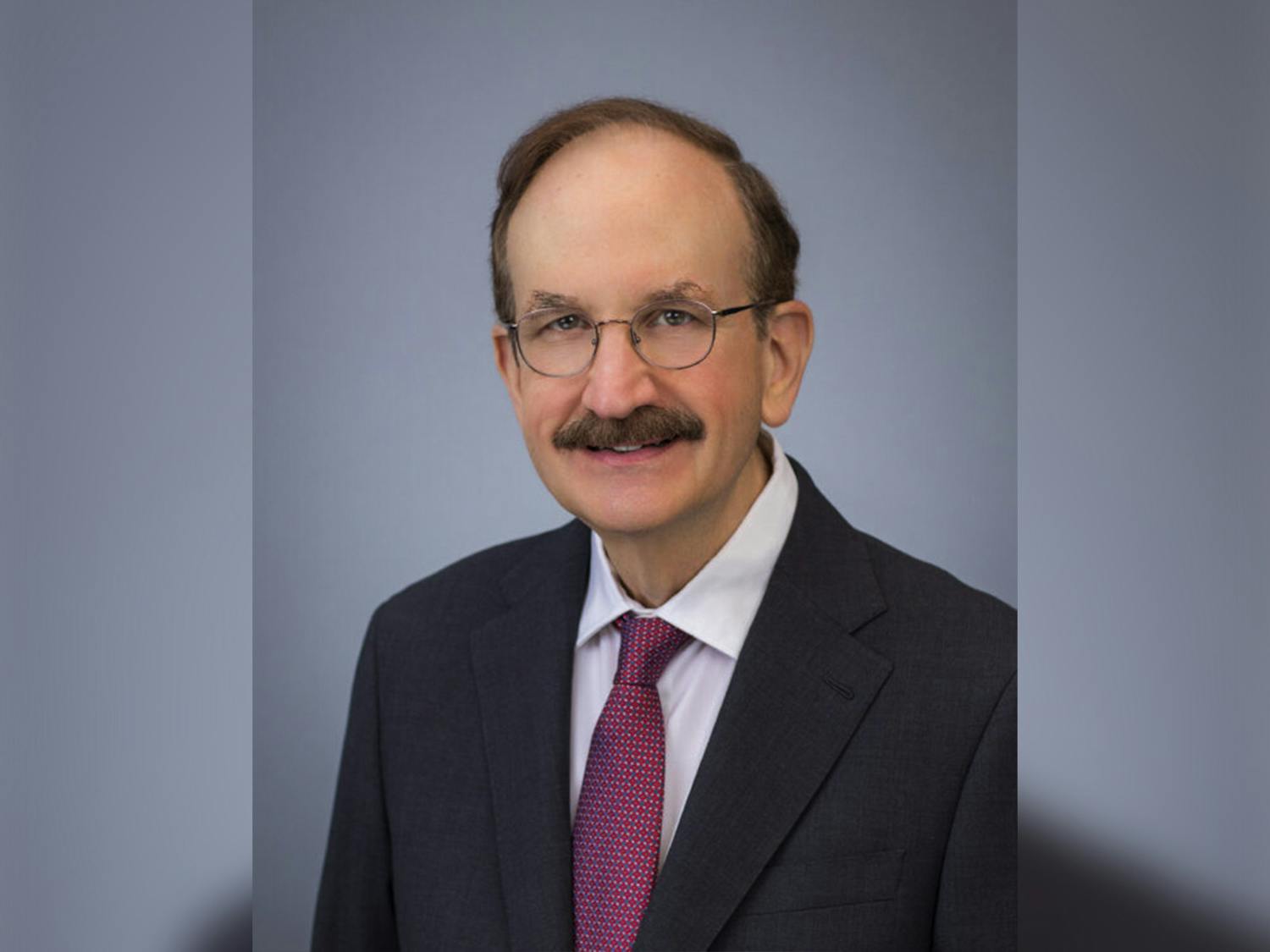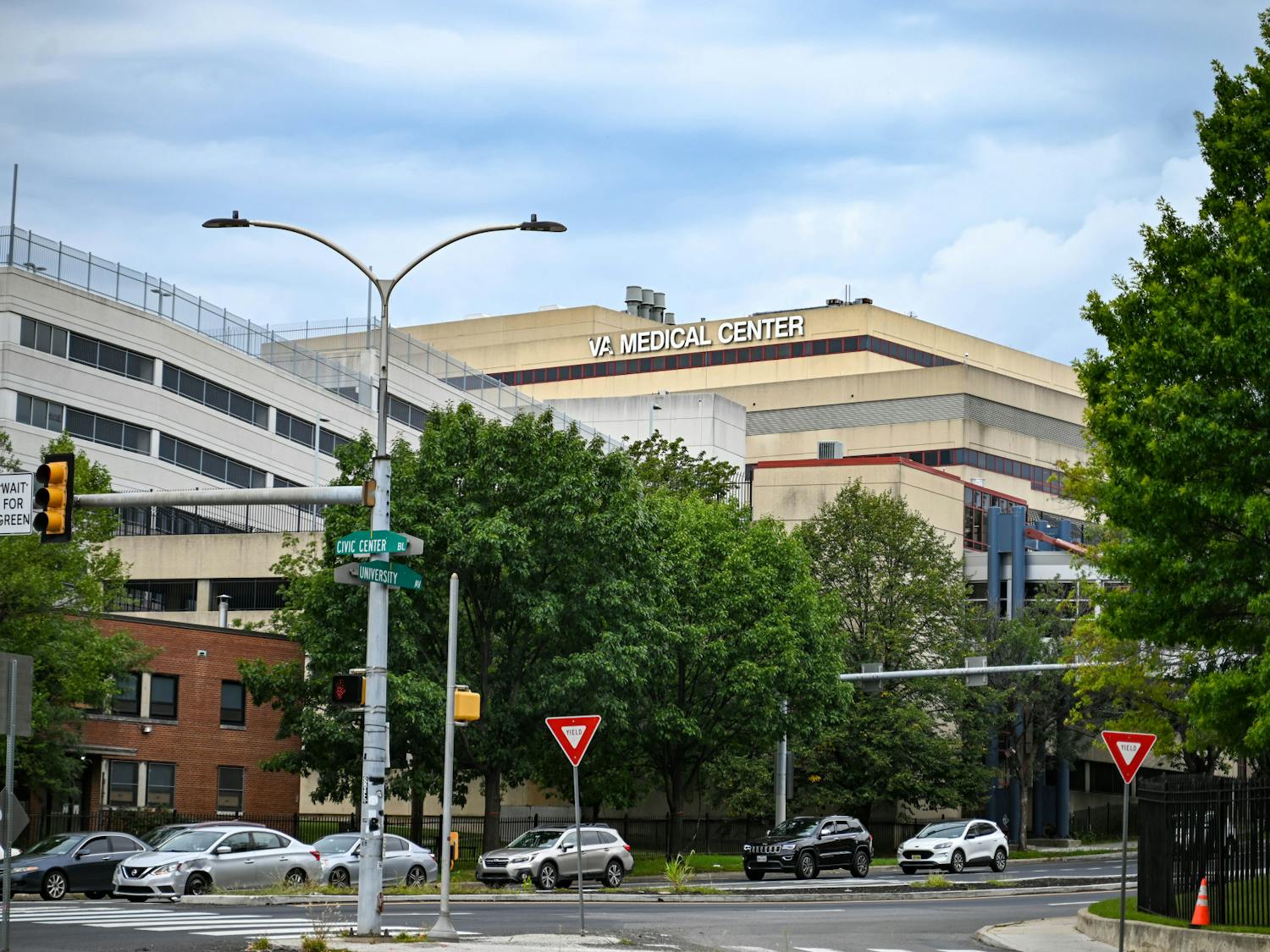Three years ago, Moumena Saradar left Syria with her family to establish a new life as a refugee in Philadelphia. Now, through a program in the Penn Museum, Saradar spends a portion of her days teaching others about the culture of her homeland.
Launched last spring, the Global Guides program employs guides from Iraq and Syria to offer tours of the museum's new Middle East Gallery. Feedback from museum visitors indicate that the program is impacting their connection to the exhibit and Middle Eastern culture.
To find immigrants and refugees to participate in the program, the museum works with two local resettlement agencies. According to the museum's website, the institution currently boasts four global guides — three from Iraq and one from Syria.
Kevin Schott, the museum's education programs manager, trains new global guides. Schott said he was particularly excited by the program's initial impact, noting that it encourages people to look beyond an artifact's historic significance and garner appreciation for what it means to ordinary people. He added that he was surprised by how quickly the guides formed personal attachments to items in the collection.
Saradar, who works as an interpreter when not leading tours, said she was particularly attached to the jewelry on the Queen Puabi sculpture in the gallery.
“You just remember your loved ones every time you wear these kinds of jewelry,” Saradar said. “Looking at her adornments and this kind of beauty, I always make a connection with the brides in Syria, where most brides receive golden gifts on their wedding day."

According to Penn Museum data, post-survey tours have reflected positive reactions to the program. Following Global Guides tours, 83 percent of visitors indicated they were interested in continuing to learn about Middle Eastern culture and 74 percent noted that they visited the museums specifically for the guided tour.
RELATED:
The Penn Museum is about to undergo its most extensive renovation in over 100 years
New Penn Museum program brings tour guides from around the world
Ellen Owens, the museum's director of learning programs and one of the pioneers of the program, characterized the venture as an opportunity to educate Philadelphians about immigrants and refugees who are new to the city.
“The pinnacle of achievement is actually [when] someone has an experience in your museum," Owens explained. "[And] then their behavior has changed because of it.”
Owens noted that survey responses demonstrated this accomplishment, such as visitors’ increased likelihood of seeking out experiences related to Middle Eastern culture or supporting refugee-related causes.

Photo from Yael Eytan
This effort is particularly relevant in Philadelphia, which has seen a swelling of its immigrant population in recent years. In 2016, more than 232,000 city residents were born abroad — a 69 percent increase since 2000, the Pew Charitable Trust’s Philadelphia Research Initiative reported.
Penn students have also become involved with the Philadelphia refugee community through the Penn Undergraduates for Refugee Empowerment organization. College senior Torinn Fennelly, who serves as the club’s Director of Advocacy and Awareness, echoed the importance of this program. “It’s important for any group of people to be in control of their own story,” she said.
Schott said that the program will expand to add guides for the upcoming Mexico and Central America exhibit, as well as the Africa exhibit that is slated to open next year.
Owens and Schott added that they have plans to speak about the results of the program at the Mid-Atlantic Museum and the Pennsylvania State Museum conferences.









